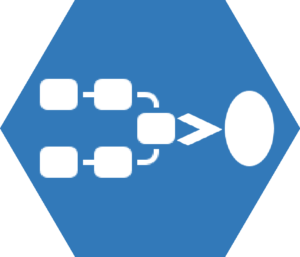DEVIATIONS AND CAPA

With lean work forces, FDA-regulated companies may find themselves with a backlog of deviations to be investigated and CAPAs to be resolved. Faster resolution using outsourcing results in less business, technical, patient, and regulatory risk. Globiox can take the pressure off and help the company to resolve its problems and meet its deadlines.
Deviations and CAPAs are a normal component of a quality system and provide evidence of continuous improvement. During an FDA inspection or other type of audit, it is all but guaranteed that an inspector will look over a company’s deviations and CAPAs. Problems can arise when there is a backlog of deviations to investigate and CAPAs to implement. Furthermore, deviations that are not fully investigated can lead to FDA 483s, audit findings, and even warning letters. Globiox can help resolve backlogs, improve deviation/CAPA processes, and train a company’s staff to better carry out the process on their own.
When an FDA regulated company discovers a departure from written procedures or specifications, that company is required to document the problem, investigate why it happened, correct the problem, and prevent it from happening again. This process forms a core part of a company’s ability to continuously improve. However, day-to-day operations can be burdensome, and it can be easy for deviations, investigations, and CAPAs to pile up. This can lead to an insurmountable backlog, poorly conducted investigations that do not identify trends or true root causes, and ineffective CAPAs that only make day-to-day operations more complicated without doing much to prevent problems from reoccurring.
A quick search of the FDA’s warning letter database shows multiple examples of companies being cited for inadequate investigation of deviations and implementation of CAPAs. To properly investigate a deviation, a company must consider not only the immediate problem in front of them, but how that issue could affect anything related to it, and whether an issue like it has occurred in the past. For example, if a defect in a finished product batch was discovered, and malfunctioning manufacturing equipment was determined to be the cause, any other product batch that could be affected by the equipment malfunction also needs to be considered. This can be time consuming, requiring the investigator to review large quantities of data and involve individuals from multiple departments. But, failure to thoroughly investigate deviations can result not only in 483s and warning letters from the FDA, but also product recalls, and inefficient operations.
Identifying the root cause of a problem, everything the problem affects, and whether it has occurred previously is only part of the deviation and CAPA process. The next step is to propose actions to correct the problem at hand and prevent it from happening again. Implementing CAPAs not only requires coming up with solutions but getting buy in from departments and personnel that will be affected by the solutions. Poorly implemented CAPAs can create needless complication in day-to-day operations and may not prevent the original problem from reoccurring.
Globiox consultants have experience working with a wide range of companies to support deviation and CAPA processes. We can help in all types of situations including:
- Reducing or eliminating backlogs, including both deviations and CAPA
- Improving deviation and CAPA processes
- Helping with implementing specific CAPAs or resolving specific deviations
- Training staff to better handle investigations and implementation of CAPAs